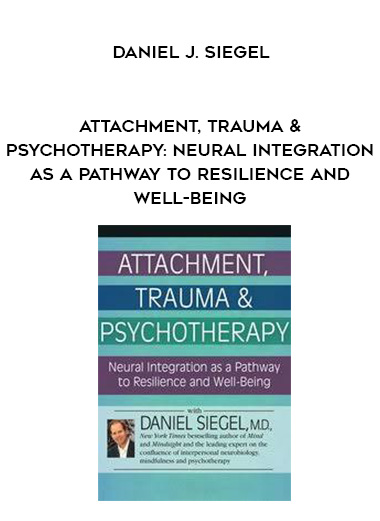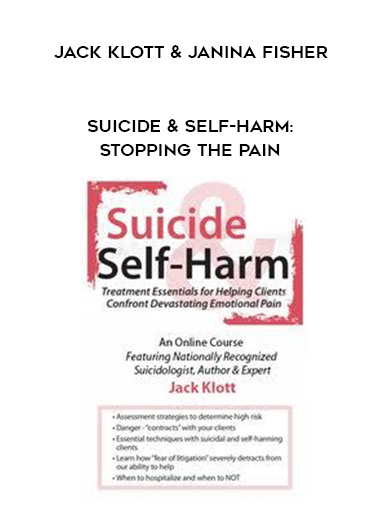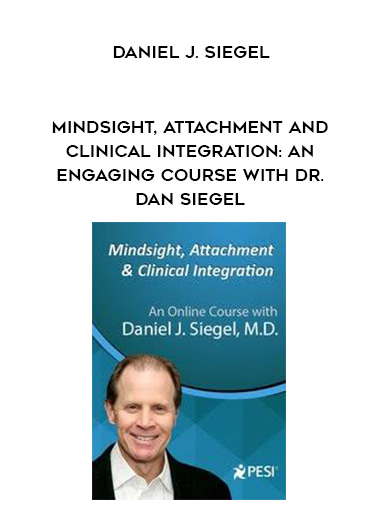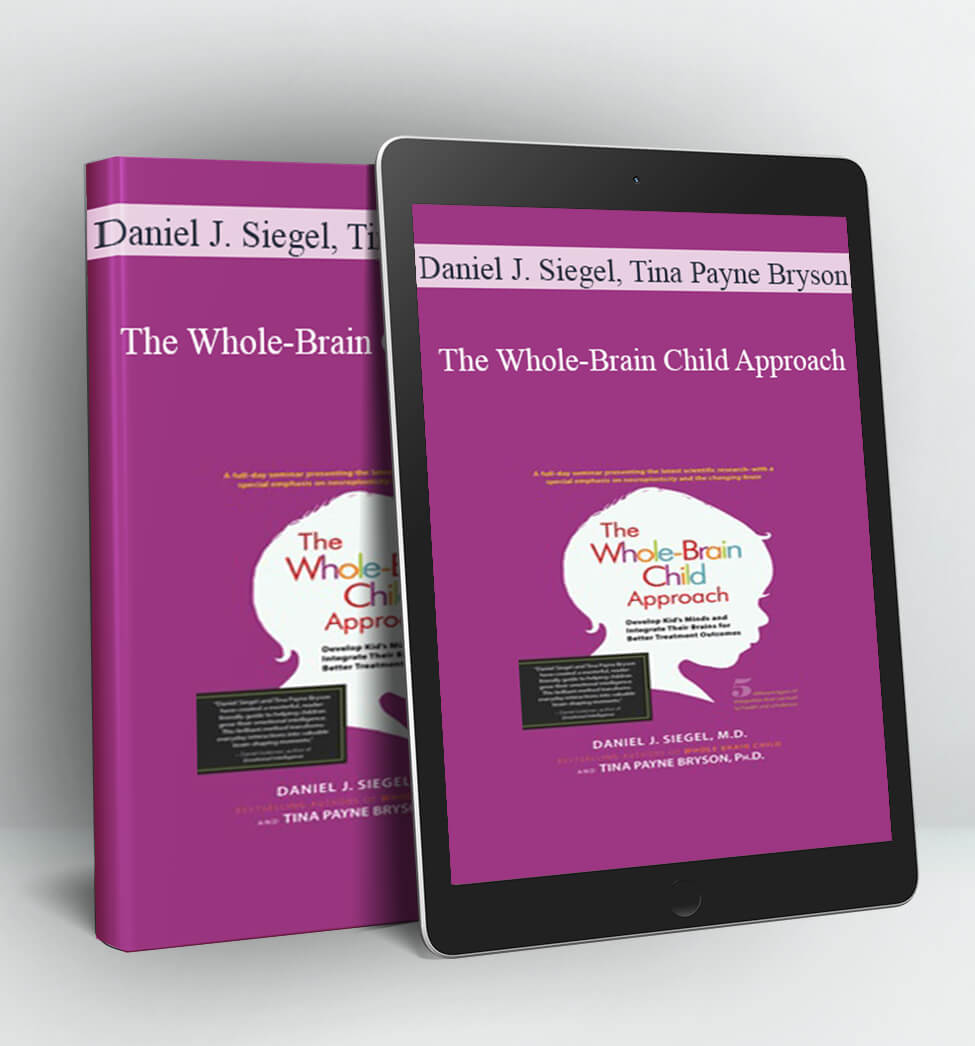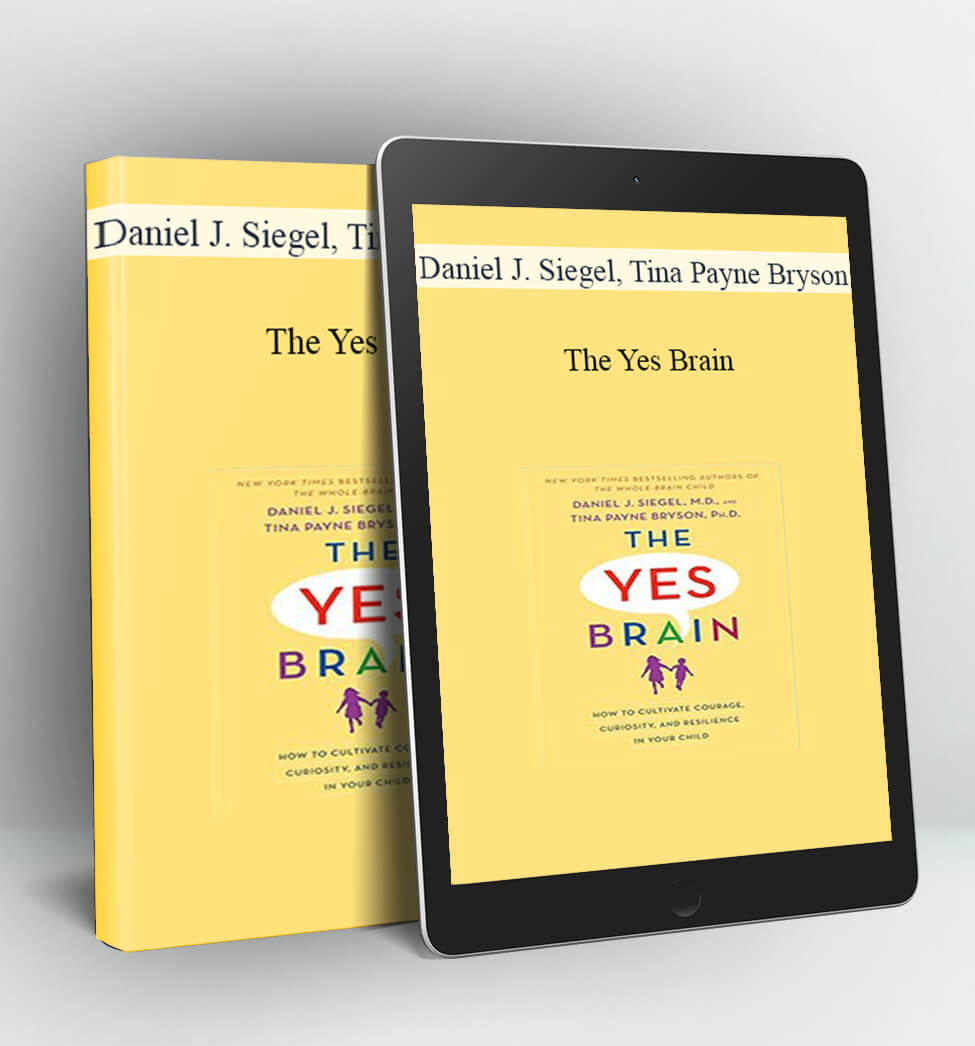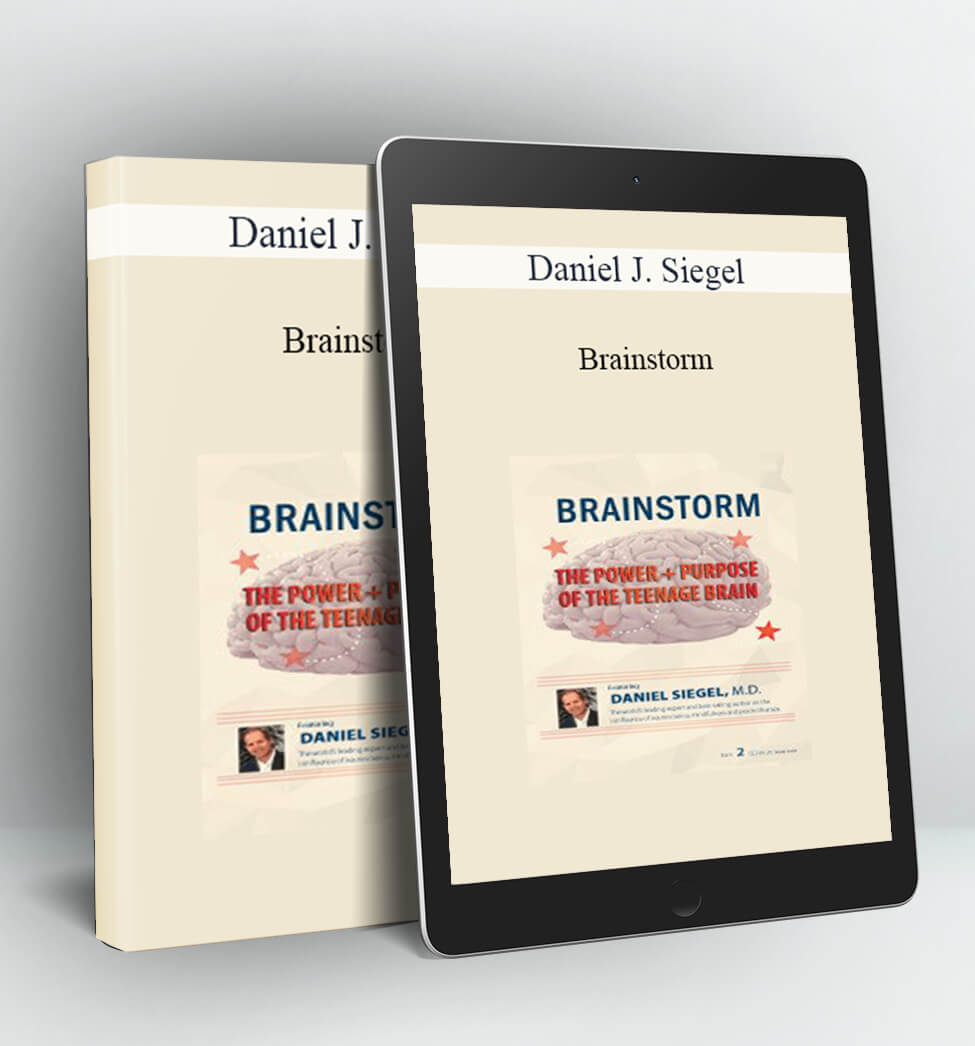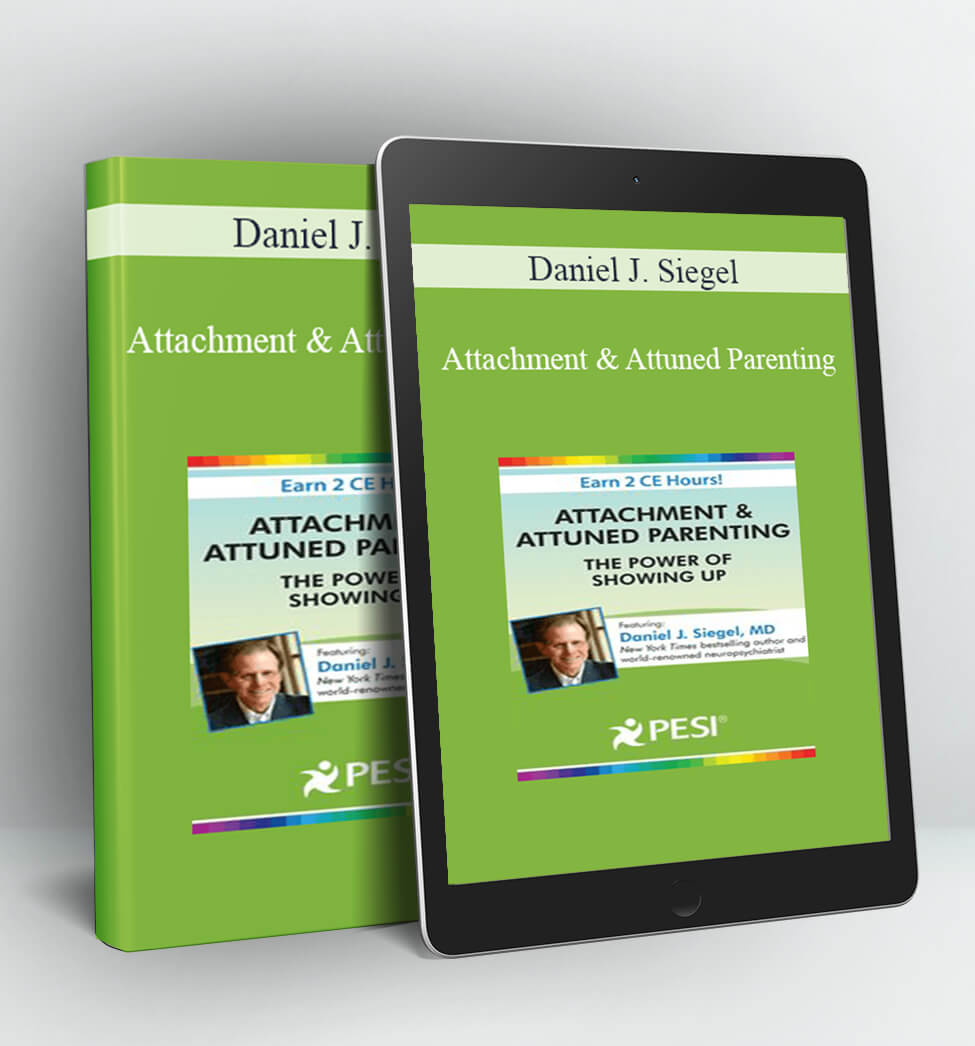ATTACHMENT, TRAUMA & PSYCHOTHERAPY: NEURAL INTEGRATION AS A PATHWAY TO RESILIENCE AND WELL-BEING – DANIEL J. SIEGEL
DON’T MISS your only opportunity to see this seminar!
With DANIEL SIEGEL, M.D., New York Times bestselling author of Brainstorm and Mindsight and the leading expert on the confluence of interpersonal neurobiology, mindfulness and psychotherapy
Join world-renowned neuropsychiatrist and New York Times bestselling author of Brainstorm and Mindsight, Dr. Dan Siegel, for this seminar and explore the properties of psychological well-being and how new scientific insights are providing us with a deeper understanding of why psychotherapy works. As we continue to discover more about neural integration and the deeply social nature of the brain we are moving towards remarkable new insights into the nature of the mind.
Three human experiences have been documented as promoting well-being: secure attachment, mindfulness meditation, and effective psychotherapy. You will explore how these systems share similar neural mechanisms and the implications that this has for both attaining a state of well-being and transforming the brain.
In this seminar, discover how the classic descriptions of major psychopathology – from autism to bipolar disorder – reveal blockages to neural differentiation and linkage in regions of the brain involved in social cognition and self-regulation. Take home new approaches to clinical assessment that are based on revealing the precise impairment to integration, and offering a new conceptual framework for your clinical practice.
Dr. Siegel is a pioneer in the field of interpersonal neurobiology. He is the author of 10 books and does several different presentations throughout world. He has lectured for the King of Thailand, Pope John Paul II, His Holiness the Dalai Lama, Google University, London’s Royal Society of Arts (RSA), and TEDx. Do not miss this rare and exciting opportunity to learn from one of the world’s foremost experts and captivating presenter!
- Determine how the differences among secure, ambivalent, anxious, and disorganized attachment categories can better inform clinical assessment of trauma.
- Integrate findings from the Adult Attachment Interview into clinical assessment and treatment.
- Analyze ways in which traumatic experiences impact neural development, structure, and function in your clients.
- Evaluate the clinical implications of impairment of integration in memory processes among clients.
- Articulate the role that both implicit and explicit memory play in trauma resolution and health.
- Point out ways in which the brain develops and changes through relationships, consciousness, and neuroplasticity, and how these changes inform clinical treatment interventions.
- Analyze how Presence, Attunement, and Resonance foster Trusting relationships in clients.
GET ATTACHMENT, TRAUMA & PSYCHOTHERAPY: NEURAL INTEGRATION AS A PATHWAY TO RESILIENCE AND WELL-BEING OF AUTHOR DANIEL J. SIEGEL
Attachment
- How attachment relationships shape the brain
- Neural integration and self-regulation
- Interpersonal communication and inter-neuronal linkages
- The categories of attachment
Trauma
- Developmental trauma and its impact on brain growth
- Abuse, neglect, and attachment
- Disorganized attachment and unsolvable fear
- The biological paradox of attachment figures as a source of terror
- Dissociation as a developmental result of trauma
Psychotherapy
- The PART we play as therapists
- The healing power of presence
- Attunement the sea inside
- Resonance and dyadic integration
- Trust and the social engagement system of the brain
Neural Integration
- The framework of integration and health
- Chaos and rigidity as outcomes of impaired integration
- Harmony and coherence
- The recursive quality of integration
Mind and Brain in Therapy
- Is the mind simply “brain activity” or something more?
- Using the mind to change the brain
- The central role of neuroplasticity in the mechanism of therapy
- The self-organizing aspect of mind in therapy
- Relationships and the brain
Well-being and Resilience
- Aiming for more than relief of symptoms
- Integration at the heart of kindness, compassion, and creativity
- The ease of well-being
- Relational and neural integration at the heart of resilience and health

